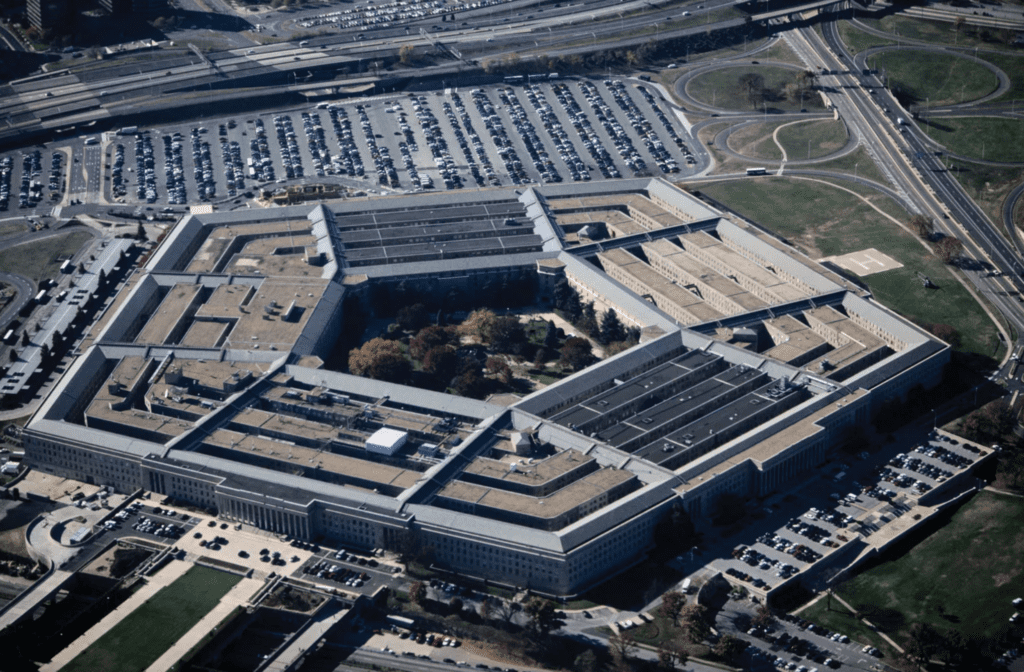
U.S. Special Operations Command (SOCOM) awarded Viasat a $325 million contract extension for tactical satellite communications and network management. Pictured above is the Pentagon, headquarters for the Department of Defense. (Photo: Britannica)
U.S. Special Operations Command (SOCOM) awarded Viasat a $325 million contract extension for tactical satellite communications and network management.
It is a sole-source, indefinite delivery, indefinite quantity (IDIQ) contract award worth up to $325 million over five years. It extends a $350 million contract Viasat won in 2017. The initial IDIQ contract was awarded to Viasat for the supply of advanced equipment, systems, services and support to modernize ground/air situational awareness, tactical data links, terrestrial networking, Intelligence, Surveillance, And Reconnaissance (ISR), tactical satellite communications, information assurance, network management and cybersecurity for Special Operations Forces. The flexible nature of the IDIQ allows Special Operations Command (SOCOM) to rapidly acquire, deploy and evolve a new operational capabilities, terminals, products, systems, services, support and sustainment in support of current and future SOCOM missions.
Viasat announced the extension on Dec. 29 and said the IDIQ award structure allows for flexibility for the military to acquire technology developments.
Viasat will provide equipment, services, and support to SOCOM for situational awareness, integration, terrestrial networking, intelligence, surveillance and reconnaissance (ISR), tactical satellite communications, information assurance, and network management capabilities.
“This contract award reaffirms Viasat’s deep commitment and partnership with the SOCOM community to understand and address the capability needs of forces for the most complex missions,” said Craig Miller, president of Viasat Government Systems. “Networking and communications needs across the modern battlespace are continually evolving and we’re excited to help SOCOM maintain the advantage with solutions that deliver the performance, flexibility and resilience Special Operations Forces require to successfully operate independently and interoperate effectively with joint forces.”
This article was originally published by Via Satellite, sister publication of Avionics International. It has been edited.